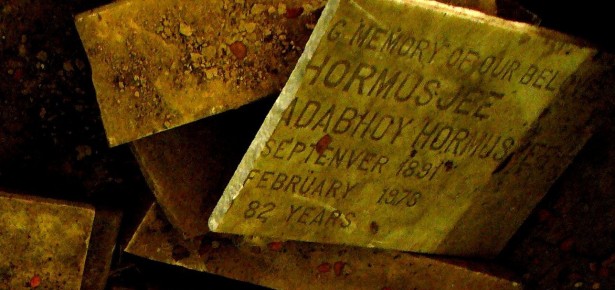This book explores the legal culture of the Parsis, or Zoroastrians, an ethnoreligious community unusually invested in the colonial legal system of British India and Burma. Rather than trying to maintain collective autonomy and integrity by avoiding interaction with the state, the Parsis sank deep into the colonial legal system itself. From the late eighteenth century until India’s independence in 1947, they became heavy users of colonial law, acting as lawyers, judges, litigants, lobbyists, and legislators. They de-Anglicized the law that governed them and enshrined in law their own distinctive models of the family and community by two routes: frequent intra-group litigation often managed by Parsi legal professionals in the areas of marriage, inheritance, religious trusts, and libel, and the creation of legislation that would become Parsi personal law. Other South Asian communities also turned to law, but none seems to have done so earlier or in more pronounced ways than the Parsis.Professor Sharafi has an engaging post on the book, Death and Legal History on Sunday Afternoons, on CUP's blog. The press's blurb for it is:
In Law and Identity in Colonial South Asia, Mitra Sharafi argues that rather than trying to maintain collective autonomy and integrity by avoiding interaction with the state, the Parsis sank deep into the colonial legal system itself. One way their unique identity was evident was in the cemeteries they dedicated for their dead.More.

Mitra Sharafi
